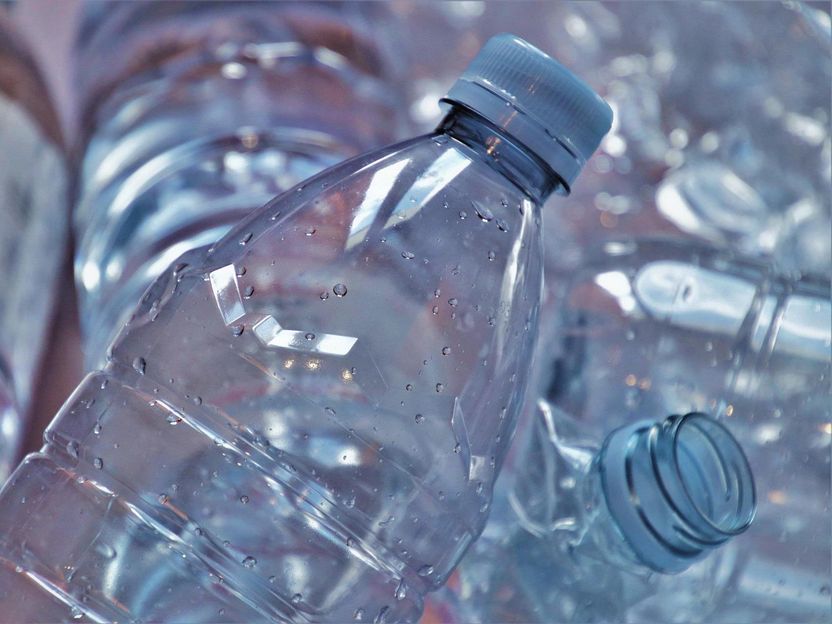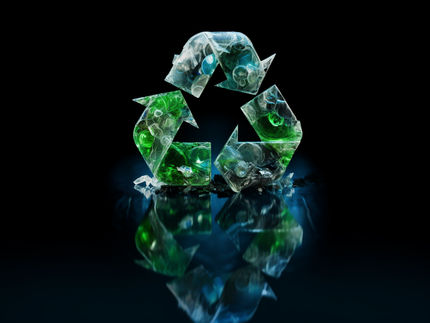Plastic Made of Vanillin
Upcycling with light: Biomass-derived crosslinked polymers
Advertisement
From inexpensive mass products to tailored high-tech materials, our modern world without plastics is unimaginable. The major downside to this is the use of fossil fuels and the growing quantities of waste. A new approach could be the production of high-grade plastics made from biomass that could be made to fall apart into recyclable components. The “destruct command” would be given with light of a specific wavelength, as demonstrated by researchers in the journal Angewandte Chemie.

Symbolic image
pixabay.com
Biomass is a renewable, often downright cheap raw material that is increasingly of interest for the production of high-performance plastics. However, bio-based plastics also suffer the problem of unsatisfactory recycling. Plastics have to remain reliably stable while they are in use, without the risk of premature deterioration. Recycling should also ideally be upcycling instead of downcycling. The building blocks produced should be convertible to another high-quality material. Ideally, these would be monomers that can subsequently be polymerized again to produce equally high-performance plastics.
To meet this challenge, an interdisciplinary team of researchers from the United states—Jayaraman Sivaguru at the Center for Photochemical Sciences, Bowling Green State University in Bowling Green, Ohio, and Mukund P. Sibi and Dean C. Webster at North Dakota State University in Fargo—have chosen bio-based plastics for which degradation can be triggered by irradiation with light. They were able to develop crosslinked polymers that contain building blocks in their backbone based on vanillin. Vanillin can be produced from material such as lignin, which is a byproduct of cellulose production.
The vanillin derivative developed by the team absorbs light at 300 nm and enters into an excited state. This leads to a chemical reaction that triggers the degradation of the polymer. Because this wavelength is not contained in the spectrum of sunlight that reaches the earth, unplanned degradation is avoided. The researchers were able to recover 60% of the monomers, which could be polymerized again with no loss of quality.
Photodegradable, recyclable, and renewable crosslinked polymers made of biomass resources are a highly promising approach for producing more sustainable plastics. Light-triggered degradation is environmentally friendly and offers the advantage of spatial and temporal control.























































